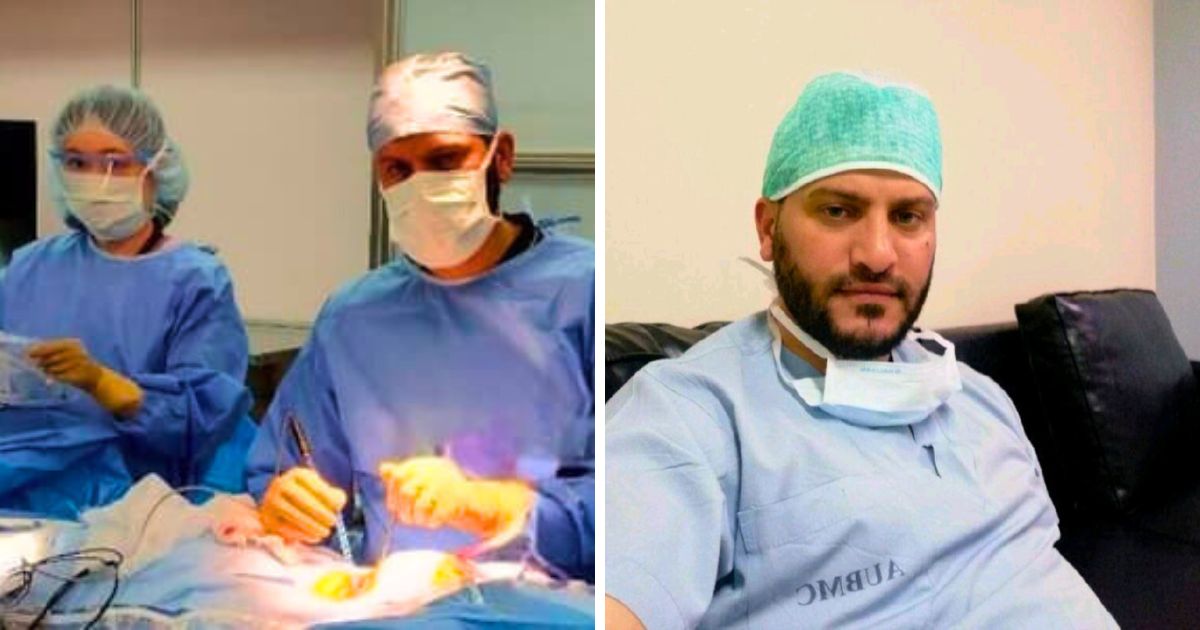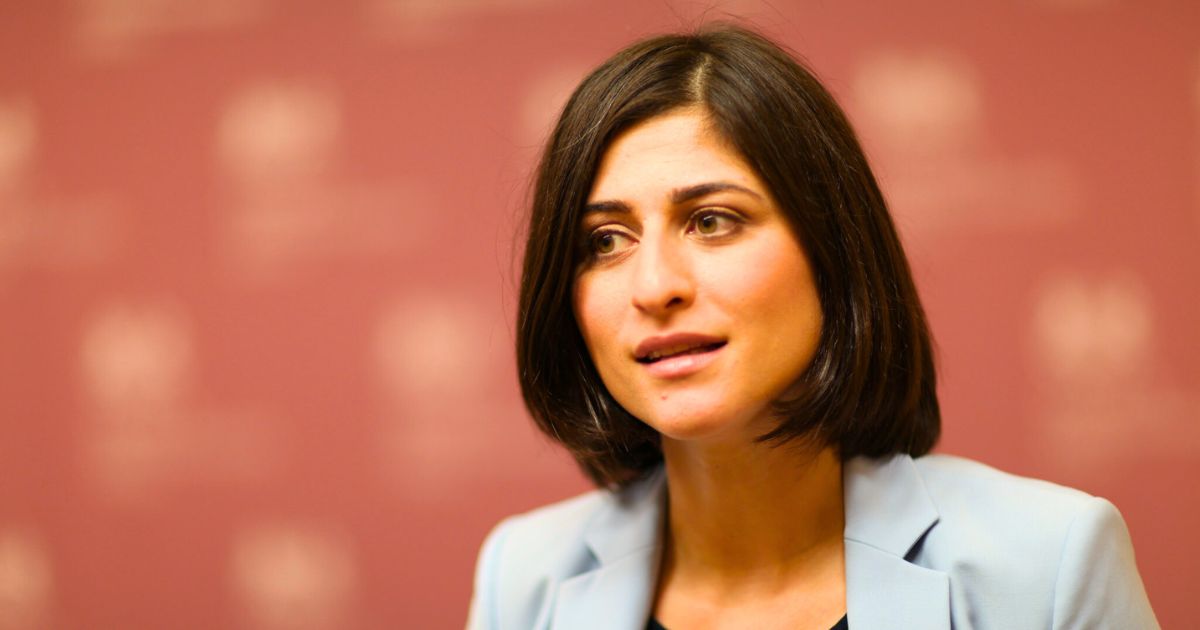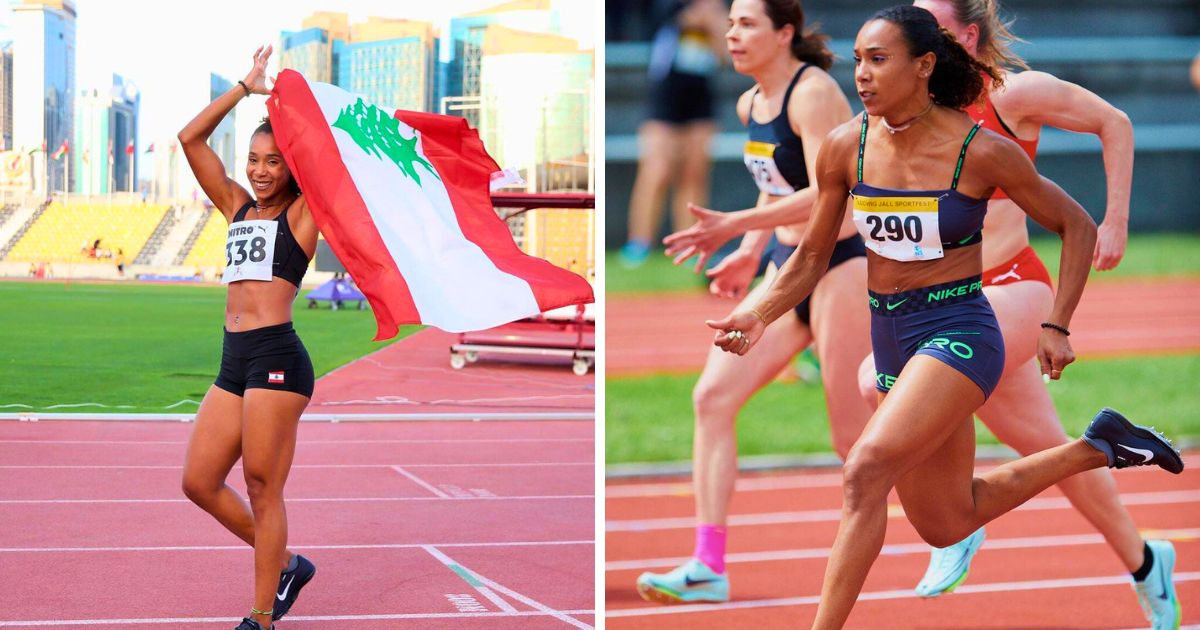Since day one of the October 17th revolution, we’ve had many different faces, some familiar and others never-before-seen, occupy our TV, computer, and smartphone screens. While some of these faces were celebrated and praised and others rebuked and berated, a few seem to remain in no man’s land.
On October 22nd, the “Revolution Coordination Committee” was formed in Riad Solh Square by the retired Brigadier-General George Nader. On that day, the latter spoke in the name of the revolutionaries and read out a list of decisions and demands representing them.
From then on, the committee would make random statements and press conferences on different occasions and after events, praising certain activities and condemning others, and speaking in the name of the Lebanese protesters.
Many of the well-known pro-revolution parties and organizations of the civil society such as Sabaa, mmfidawla, Hurras Al-Madina, and many others were members of the committee when it made its first statement around a week after the start of the uprising.
The idea behind the committee is to unite all “opposition” groups under one flag; that of the revolution. This singularity would, in turn, help properly focus and steer the political objectives of the uprising in the right direction as the struggle against the current authority persists.
But since its very inception, the Revolution Coordination Committee has received a significant amount of criticism from many – especially from a large portion of the very revolutionaries that it claims to represent.
For this disapproval, there are several reasons, the most prominent of which is the revolutionaries’ insistence since day one that their revolution is centerless and leaderless. “We do not have representatives” is the most common explanation given by opponents of the idea for their distrust of it.
The Thing called هيئة تنسيق الثورة is unknown and unrecognized and probably a dirty try to hold the protestors down tomorrow.
Please dont fall for it!— (@TMDR10111) December 8, 2019
But, very recently, the controversy escalated further. Carla Allam, the activist who spoke in a press conference held by the committee on December 8th, was accused of being deployed by the Free Patriotic Movement to sabotage the revolution and distort its image, using the influence she acquired from participating in the committee.
The origin of these claims is Allam’s evident affiliation with the political party, which can be easily confirmed through some posts found on her social media accounts. They include selfies with caretaker Minister Gebran Bassil, the party’s current president, and other figures known to represent the FPM.
كارلا علام تكلمت اليوم بأسم هيئة تنسيق الثورة وهي نابعة للتيار الباسيلي #مندسة#سقط_القناع pic.twitter.com/m2mvhVgzAb
— Revolution (@Revolutions09) December 8, 2019
In response to the claims, Brigadier-General George Nader told Lebanon24 that “Allam resigned from the Free Patriotic Movement more than a year ago, and does not belong to a political party.” He added that the activist Allam is “one of the prime members of the Revolution Coordination Committee.”
“Revolution Coordination Committee does not claim to represent all components of the revolution,” declared Carla Allam in the aforementioned press conference, “but works along other participants to serve the highly desirable outcome of the revolution and prevent its kidnapping from those who stole the people’s wealth and want today to steal their revolution.”
She also touched on several points regarding the nature of the revolution and its goals in her speech. She reminded of the financial, economic, and political factors that first sparked the protests, and warned of the parties that have been attempting to “ride its wave” since its beginning.
Proponents and opposers of the Revolution Coordination Committee still disagree over the necessity of having a representative individual or group. But despite this disagreement, their goals; those of the revolution, remain mutual.



















